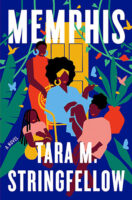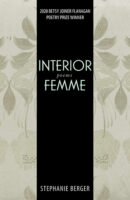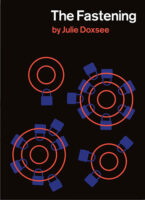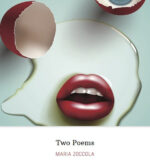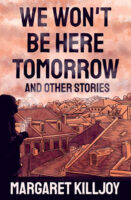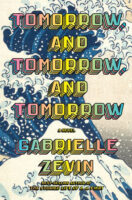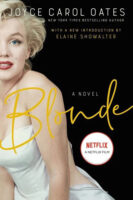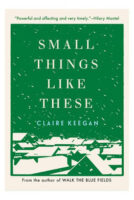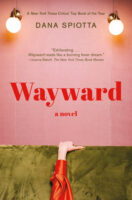
Guest Post by Matthew Rodriguez
As fearless as she is creative, Chelsea Stickle reaches deep into her bag of tricks to “wow” her readers with every story in her debut chapbook, Breaking Points. Many of these stories captivate the reader in such a way that it feels criminal that they’re only flash fiction pieces, but it’s beautiful enough to accept them as the art forms they are. The courage to experiment with various styles of writing, including a multiple-choice quiz and a flow chart, reveal Stickle’s hidden genius by telling deep stories in unorthodox ways, one that might even spark the beginning of a writing revolution! A standout piece, “How Mature Are You: A Quiz,” exemplifies the glories of pushing conventional boundaries within flash fiction formatting through its whimsical and ironically hard-nosed approach to storytelling with a choose-your-own-adventure type of beat. These kinds of structures, while puzzling at first glance, expand a reader’s view of how effectively a writer can tell a story without falling into familiar patterns. It would not be surprising to see a wide range of unique, personalized styles born from Stickle’s innovation. Ultimately, this collection is more than just an ensemble of witty tales but a mosaic of brilliant artistry.
Breaking Points by Chelsea Stickle. Black Lawrence Press, April 2021.
Reviewer bio: Matthew Rodriguez is a graduate student at Bridgewater State University pursuing his English MAT (Master of Arts in Teaching) and currently works as a freshman English teacher at B.M.C. Durfee High School.



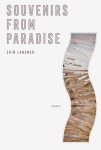
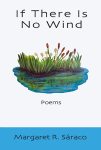
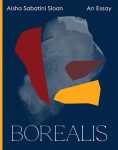




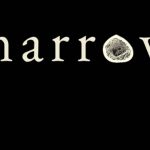

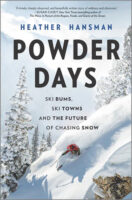
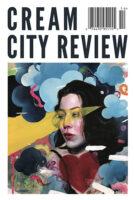

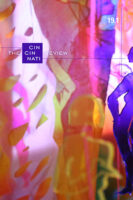
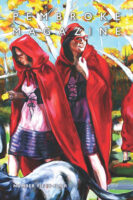
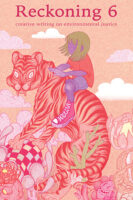

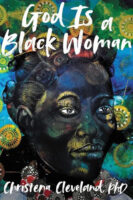
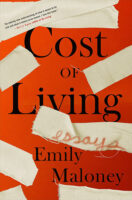
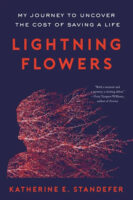
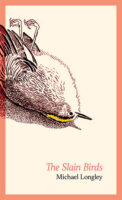
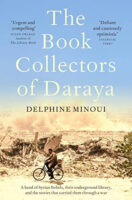
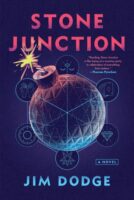
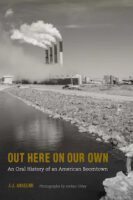
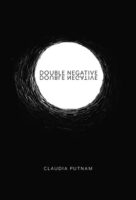
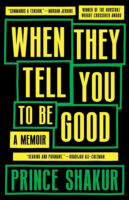
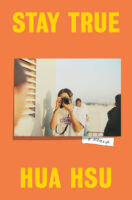

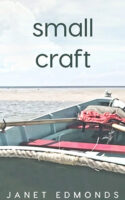
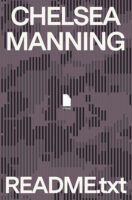
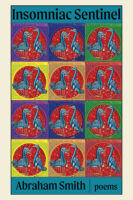
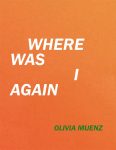
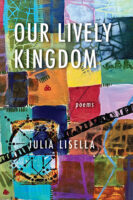
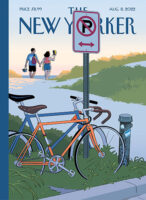
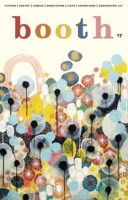
![Borracho [Very Drunk] Love Poems & Other Acts of Madness by Jesus Papoleto Melendez book cover image](https://www.newpages.com/wp-content/uploads/2022/10/Borracho-by-Jesus-Papoleto-Melendezcomes-135x200.jpg)


